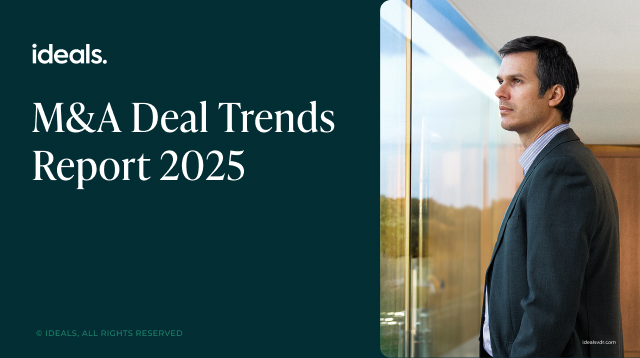Private equity has evolved, and few firms reflect that shift as clearly as KKR. Once known for its aggressive takeovers in the 1980s, its success today reflects a more nuanced and strategic approach.
That change has also shaped KKR’s hiring process. Candidates are assessed not just on what they know, but how they think. The strongest interviewees think like investors, combining commercial acumen with a partnership-oriented mindset.
This article unpacks KKR’s investment philosophy, the qualities it values in candidates, and how to stand out in interviews with one of PE’s most innovative firms.
From buyouts to partnerships
The firm’s early success was built on blockbuster buyouts. Today, its focus has shifted to long-term value creation through deep partnerships, operational expertise, and global reach. Its portfolio spans everything from industrial plays to mission-driven ventures, all supported by an ambitious goal: reaching $1 trillion in assets by 2030.
Rather than acting like a traditional financier, KKR takes on the role of a co-owner, working closely with portfolio companies to drive growth. Its $1 billion investment in Coty’s professional beauty and retail business highlights this approach, going beyond capital to include strategic repositioning, leadership changes, and digital transformation.
This example reflects what KKR looks for in candidates. In interviews, it’s not enough to walk through a tidy LBO model, you need to be prepared to discuss:
- Where the growth opportunities lie
- What operational or strategic changes you’d make
- How to strengthen the company for lasting impact
The candidates who excel are those focused on the long-term growth of a business, rather than just short-term outcomes.
Think beyond the numbers
To prepare for interviews, shift your focus from asking “What was the return?” to “How was the return created?” This mindset encourages you to consider the strategic decisions that drove the deal’s results.
In the financial modeling tests, you should expect questions that challenge you to think critically about these factors, such as:
- Capital structure: Why did you choose that leverage ratio?
Explain your rationale, taking into account factors like market conditions, the company’s financial health, and the risk-return tradeoff.
- Growth strategies: How would you increase margins post-deal?
Discuss actions to improve operational efficiencies, cut unnecessary costs, and leverage new markets.
- Strategic judgment: What risks did you identify, and how did you mitigate them?
Describe challenges you anticipated (e.g. market volatility and regulatory changes) and strategies to manage them.
Preparing for KKR? Download the Interview Toolkit — a one-page guide filled with valuable insights to help you excel in your interview.
A culture of collaboration
KKR’s culture is shaped by values that go beyond the typical private equity firm.
- Teamwork
- Integrity
- Relationship-driven
- Accountability
- Innovation
- Excellence
- Diversity
Teamwork is as essential to KKR’s success as its ability to generate alpha, with co-founder Henry Kravis emphasizing the importance of respect and trust among employees.
We started this way in 1976 and are operating the same way today. We want people who want to be part of this team and work together.
Henry Kravis, Co-founder of KKR
Today, under the joint leadership of Joe Bae and Scott Nuttall, this focus on shared responsibility continues to shape the firm’s identity. Candidates should understand that succeeding at KKR involves more than just technical aptitude. It requires contributing to a culture where integrity, accountability, and strong relationships are non-negotiable.
Compensation that reflects contribution
KKR’s compensation model strikes a deliberate balance. It fosters collective success through shared rewards, while also incentivizing individual performance.
According to Glassdoor, the median total compensation for an associate at KKR is $188K, broken down as follows:
- Base salary: $125K
- Bonus: $41K
- Stock-based compensation: $22K
The equity component reflects KKR’s ownership mindset and encourages employees to think and act like stakeholders from day one.
Your KKR prep companion
Navigating KKR’s interview process requires a strong understanding of its culture, investment strategy, and performance-driven mindset.
Our KKR Interview Toolkit consolidates all the essential insights into a concise one-pager. With quick-reference details on the firm’s philosophy and links to recent news and announcements, this toolkit is designed to help you focus on the key details.





